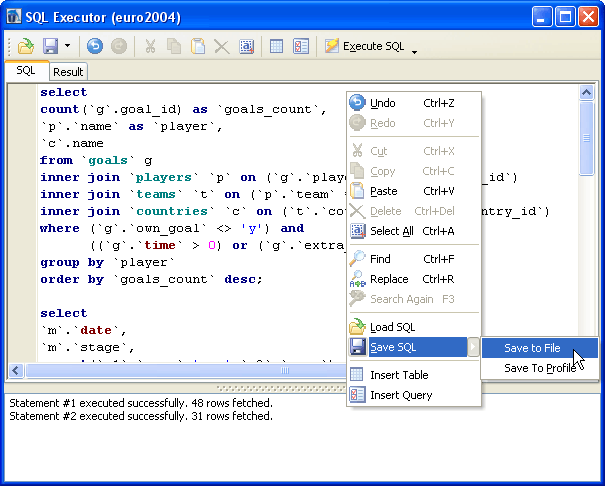

However, since 1970, the amount and types of information available has risen and changed dramatically. The prevalence of big data has drastically increased the amount of information available to companies and it’s changed what type of information is available. Much of the data available today is unstructured and unpredictable, which is very difficult for traditional SQL databases. These changes have put increasing pressure for a system capable of both gathering and analyzing huge amounts of unstructured and unpredictable data.
Not only is it difficult for SQL to process unstructured and unpredictable information, but it’s also more costly. Not only that, but it’s also more difficult to process very large batches of data. SQL isn’t very flexible and or scalable. NoSQL was developed to solve these difficulties and do what SQL couldn’t do. NoSQL is short for “Not Only Structured Query Language” and in the age of big data is making data gathering and processing much easier for companies and businesses.
There are numerous differences to the two. I’ll mention a few of the advantages NoSQL has over SQL here.
Speed
NoSQL doesn’t require schemas like SQL does meaning it can process information much quicker. With SQL, schemas (another word for categories)had to be predetermined before information was entered. That made dealing with unstructured information extremely difficult because companies never knew just what categories of information they would be dealing with. NoSQL doesn’t require schemas so it can handle unstructured information easier and much quicker. Also, NoSQL can handle and process data in real-time. Something SQL doesn’t do.
Scalability
Another advantage to NoSQL computing is the scalability it provides. Unlike SQL, which tends to be very costly when trying to scale information and isn’t nearly as flexible, NoSQL makes scaling information a breeze. Not only is it cheaper and easier, but it also promotes increased data gathering. With SQL companies had to be very selective in the information they gathered and how much of it they gathered. That placed restrictions on growth and revenue possibilities. Because of NoSQL’s flexibility and scalability, it promotes data growth. That’s good for businesses and it’s good for the consumer.
Cloud Computing
NoSQL is also extremely valuable and important for cloud computing. One of the main reasons we’ve seen such a rise in big data’s prominence in the mainstream is because of cloud computing. Cloud computing has drastically reduced the startup costs of big data by eliminating the need of costly infrastructure. That has increased its availability to both big and small business. Cloud computing has also made the entire process of big data, from the gathering stages to analyzing and implementing, easier for companies. Much of the process is now taken care of and monitored by the service providers. The increased availability of big data means that companies can better serve the general public.
So while SQL still has a future and won’t be going away anytime soon, NoSQL is really the key to future success with big data and cloud computing. It’s flexibility, scalability and low cost make it a very attractive option. Additionally it’s ability to gather and analyze unstructured and unpredictable data quickly and efficiently mean it’s a great option for companies with those needs.